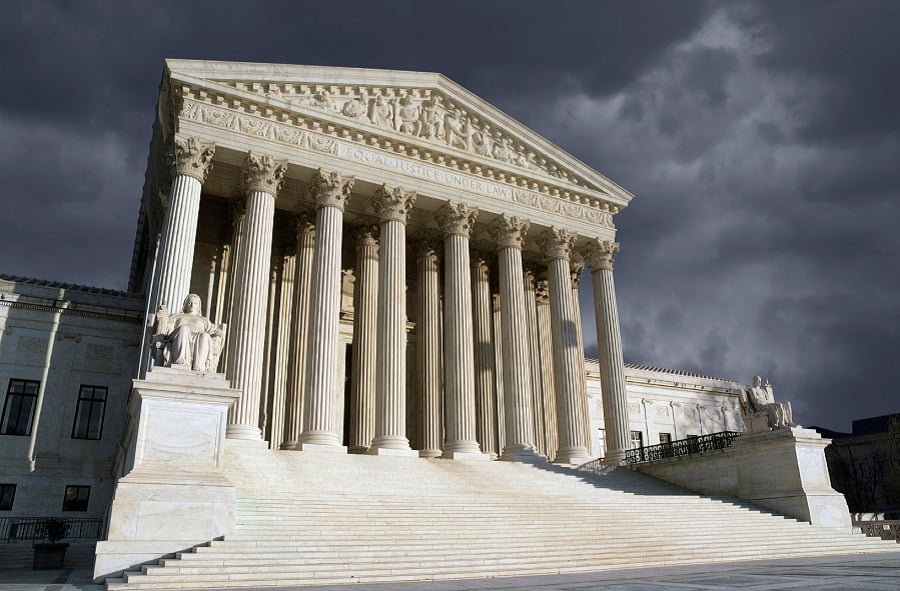The U.S. Supreme Court heard oral arguments Wednesday
in a case that could have significant repercussions for retirement plan sponsors by expanding the time that plan participants have to bring lawsuits.
Former Intel Corp. engineer Christopher Sulyma sued the company in 2015, claiming Intel violated the Employee Retirement Income Security Act by investing large portions of 401(k) plan assets in risky and high-cost hedge-fund and private-equity investments, resulting in significant losses for plan participants.
[More: Supreme Court accepts 401(k) case about alternative investments in target-date funds]
Intel argued that the lawsuit should be thrown out because Mr. Sulyma, who worked at Intel from 2010 to 2012, had access to electronic documents describing the investments for more than three years. The company said it sent emails with links to documents about the investments, and that investments were chosen to better diversify the plans' portfolios.
But current ERISA law requires plan participants to sue sponsors within three years of having "actual knowledge" of a fiduciary violation.
The court appeared skeptical of Intel's argument,
according to Reuters. Instead, justices appeared to sympathize with Mr. Sulyma's claim that he was unaware of the alternative investments until 2015, the year he filed his case, because he did not read the documents.
[Recommended Video: MassMutual's LaPiana: Creating better conversations with your clients]
"Most people don't read them, or many," said conservative Justice Brett Kavanaugh. "So how do you have actual knowledge if you haven't read it?"
Skepticism came from both ends of the political spectrum. Liberal Justice Ruth Bader Ginsburg added: "I must say, I don't read all the mailings that I get about my investments."
While the justices' opinions appeared to be in line with a ruling by the U.S. Court of Appeals for the Ninth Circuit in Mr. Sulyma's favor, that doesn't mean the case is going to be a "slam dunk" for the plaintiff, said David Levine, a principle at Groom Law Group. At least, not yet.
[More: 403(b) sponsors finding success beating back lawsuits]
"No matter what you hear in oral arguments, don't bank on anything until the decisions come down because a lot can shift," said Mr. Levine, whose firm specializes in retirement plans but is not involved in this case. "I wouldn't rush to do any major changes right now just based on an oral argument."
Beyond the impact on plan sponsors and how they communicate to participants, Mr. Levine said the decision could also change the knowledge standards for claims against individual retirement plan advisers.
"Advisers get named as defendants as well … that's something to keep in mind. It's something core to their business," Mr. Levine said. "We'll have to see where it all lands, but this is something I think is a key discussion item."
The Department of Labor
has proposed a rule that would require defined-contribution plan sponsors to default participants into receiving retirement disclosures digitally instead of on paper, as has been the traditional route. Industry firms and groups say the rule isn't enough, should do more to accommodate existing and emerging digital technologies, and is still too reliant on paper.







